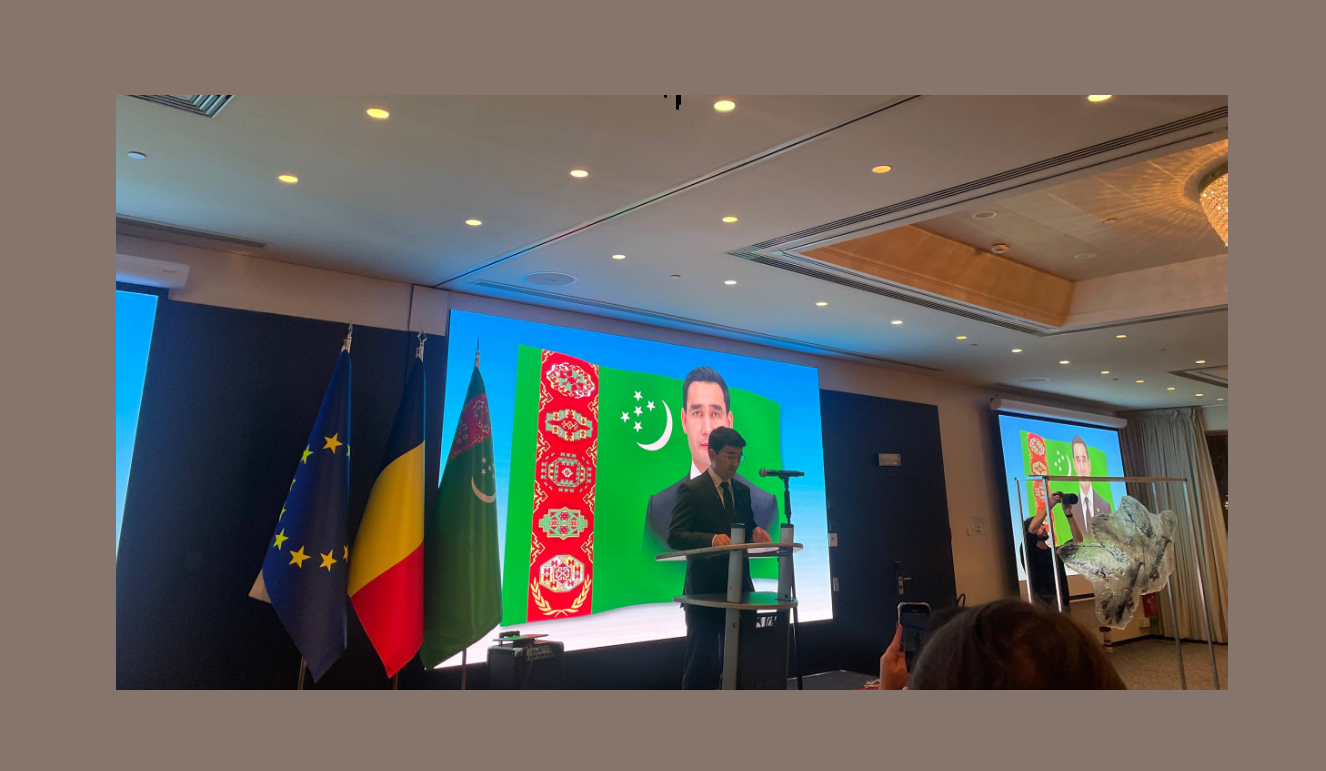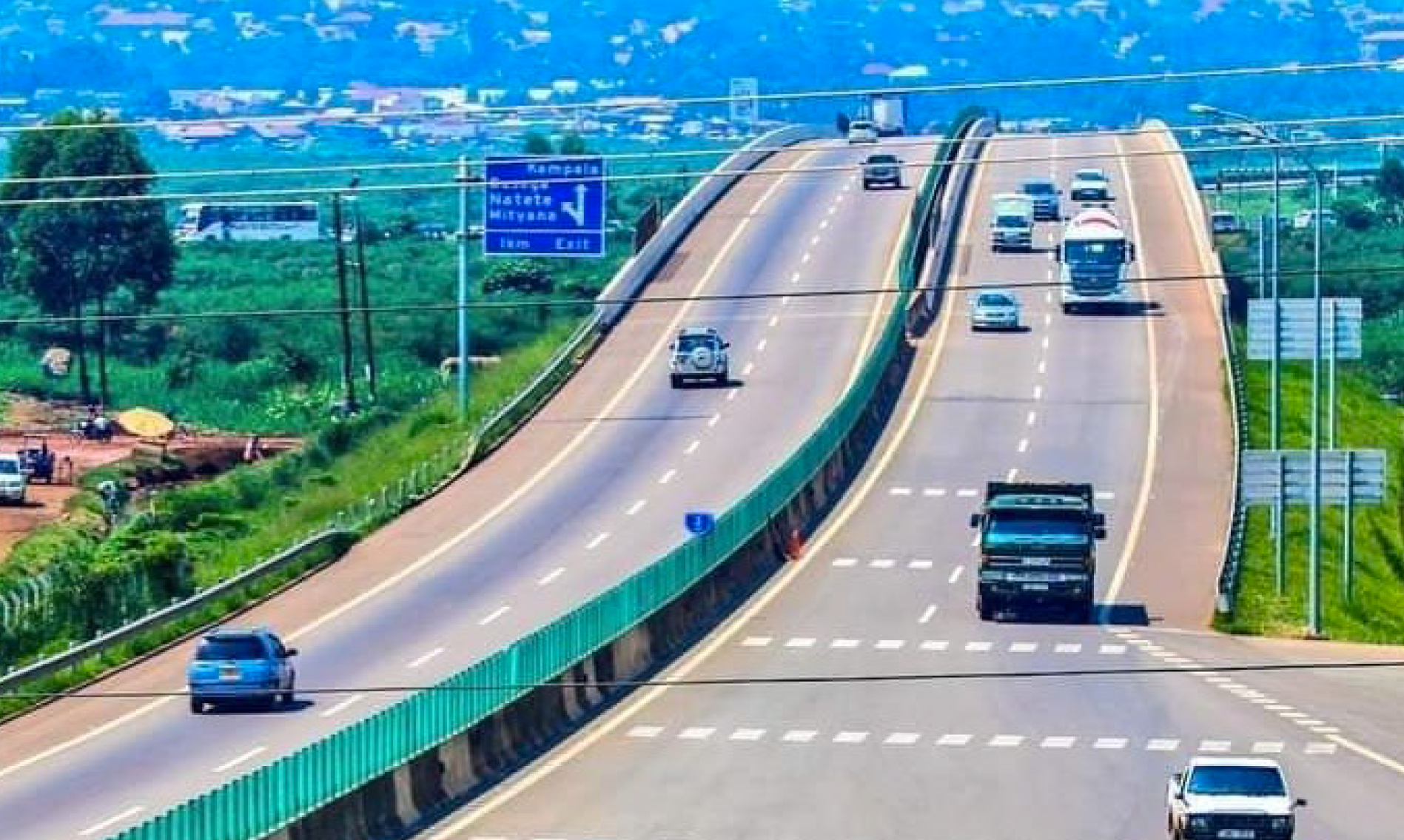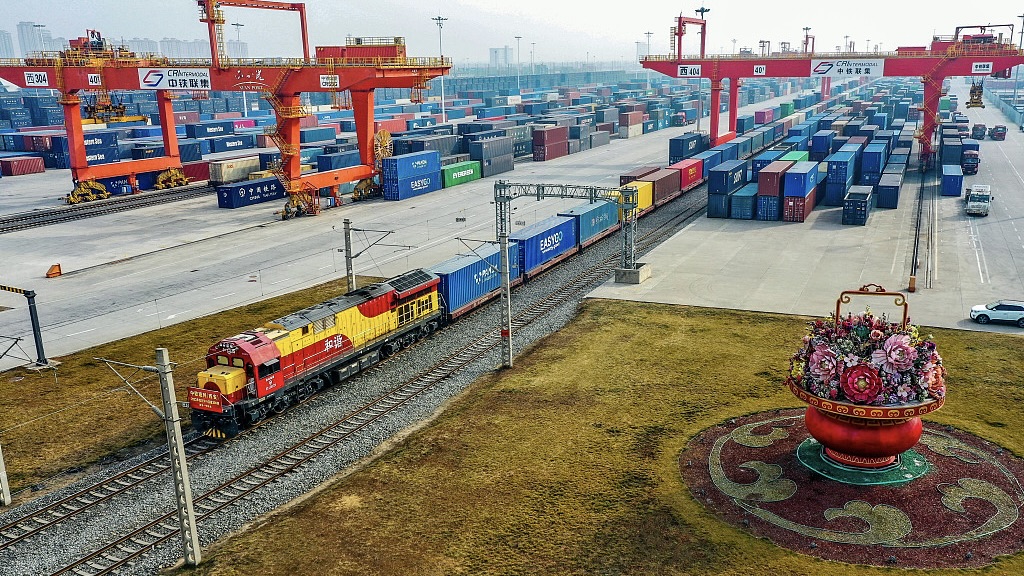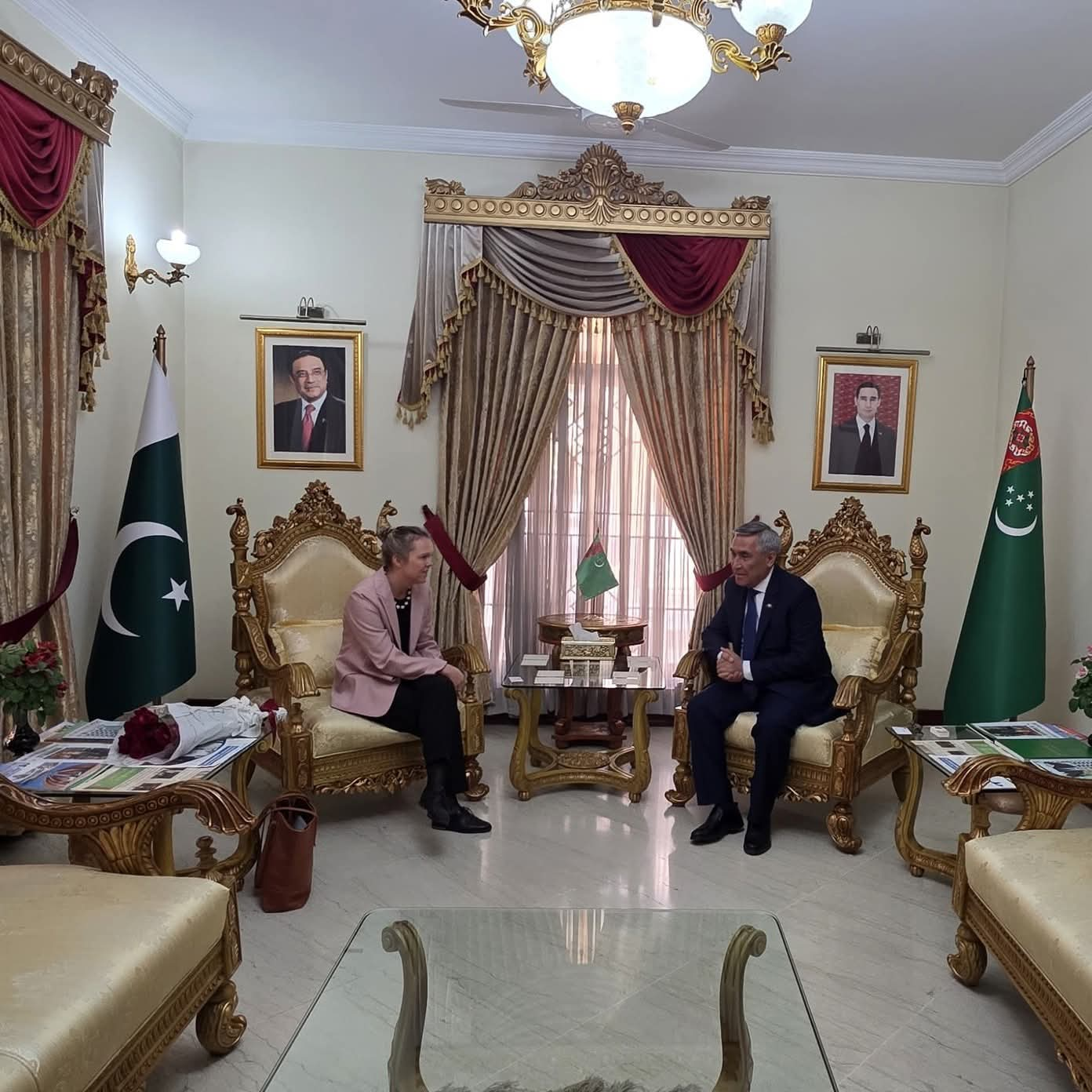It is a truth carved into the pages of history that oppression, however strong and prolonged, ultimately meets its end. No tyrant, no empire, no oppressor has ever succeeded in sustaining injustice forever. The arc of human conscience, though often delayed, bends inevitably towards justice. Today, the world witnesses this timeless law playing out against the brutalities of Israel. What seemed unshakable for decades is now trembling under the weight of global condemnation, as the cries of the oppressed have begun to echo louder than the claims of the oppressor.
The first glimpse of this turning tide emerged in the august chamber of the United Nations General Assembly. When the Israeli Prime Minister rose to speak, about thirty-five nations stood and walked out, an act not of silence but of thunderous rejection. It was a gesture that conveyed disdain more powerfully than words could. Nations chose absence over listening, proving that Israel’s narrative no longer commands even the courtesy of patience. Hatred of injustice had taken form in a rare, united defiance.
Sport, the supposed sanctuary of neutrality, has also become a battleground of conscience. During the World Cup, demands were raised in many quarters that Israel should not be allowed to participate in future tournaments. Spain’s prime minister went further, declaring that until barbarism ceases, Israel should have no place in international competitions. The United States, often the foremost shield of Israel, has now been drawn into the debate, trying to resist mounting calls for Israel’s exclusion from the 2026 World Cup. Yet the very fact that the debate exists, and that it is being echoed at the executive levels of global sporting bodies, signifies how deeply Israel’s isolation has begun to set in.
Even the world of technology, which for years seemed aloof from moral judgments, has begun to shift. Microsoft, one of the most powerful software companies, terminated the Israeli intelligence agency’s access to its cloud services. According to credible investigations by the British press, the agency had been using Microsoft’s Azure platform to monitor Palestinians, collecting and analyzing up to one million phone calls every hour. Such mass surveillance was not only a chilling abuse of technology but a violation of Microsoft’s own terms of service. Brad Smith, Vice President of the company, publicly remarked that no state should be allowed such powers over its citizens or over oppressed communities. For the first time in the ongoing war on Gaza, a major American corporation withdrew facilities from Israel’s military establishment. This act of corporate conscience carries weight, for it signals that even in the profit-driven corridors of business, the line of morality is beginning to be drawn.
Meanwhile, the shadow of the law has crept closer to Israel’s leadership. In May 2024, Karim Khan, the Chief Prosecutor of the International Criminal Court, applied for arrest warrants against Prime Minister Benjamin Netanyahu and Defense Minister Yoav Gallant. They stand accused of war crimes and crimes against humanity. Though the judges have yet to issue the warrants, the application itself has created tremors. Should the warrants be granted, Netanyahu would be barred from entering 124 countries that are parties to the Rome Statute, including major powers such as Germany, France, the United Kingdom, Japan, Australia, and Brazil. A man once received with ceremony across capitals could suddenly find the world turned into a prison without bars.
Beyond the ICC’s reach, there exists already a wide swathe of nations where Netanyahu cannot tread. Much of the Arab and Muslim world remains closed to him by the very absence of diplomatic recognition. From Iran to Pakistan, from Indonesia to Malaysia, from Lebanon to Yemen, his presence would invite not dialogue but fury. Countries such as Bolivia and Belize have severed diplomatic ties altogether. South Africa, a beacon of resistance against apartheid, has recalled its diplomats and taken the battle against Israel to the International Court of Justice. In Turkey, where relations exist in name, President Erdogan’s scathing denunciations of Israel make any visit nearly impossible. Even Egypt and Jordan, bound by peace treaties, would find the presence of Netanyahu within their borders a grave provocation to their peoples. In Europe, nations like Spain, Ireland, and Norway, which have recognized Palestine, are openly hostile to Israel’s policies, and his reception would be met with outrage rather than respect.
The isolation is not accidental, nor is it merely symbolic. It is the cumulative result of decades of brutality that has finally exhausted the world’s patience. Nations, corporations, international courts, and civil societies are aligning in a chorus that declares enough is enough. The message is clear: when oppression exceeds its limit, it loses legitimacy, and when legitimacy evaporates, power crumbles no matter how entrenched.
The walkouts in the United Nations, the calls for expulsion from the World Cup, the restrictions from technology giants, the legal proceedings at the ICC, and the diplomatic estrangements across continents—each of these may seem like scattered sparks. But together, they form a blaze of reckoning that Israel cannot extinguish.
History offers countless examples. The walls of apartheid South Africa, once thought indestructible, collapsed under the weight of international sanctions, travel bans, sports boycotts, and legal challenges. The same tools of moral resistance are now being deployed against Israel. The oppressor may deny, resist, or mock the process, but the writing on the wall is unmistakable. Oppression may endure for years, even decades, but it never endures forever.
The world is witnessing that eternal truth unfold once more. The cries of Gaza’s children, the tears of its mothers, the rubble of its homes, and the graves of its martyrs are no longer confined to Palestine—they reverberate across parliaments, stadiums, boardrooms, and courts of law. Israel’s brutality has not silenced the oppressed; it has silenced itself, stripping away the remnants of respect it once demanded on the world stage.
Thus, the tide turns. From the corridors of diplomacy to the pitches of sport, from the cloud servers of technology to the chambers of justice, the signs are clear. When oppression reaches its peak, it begins to vanish. And as history has always shown, the disappearance of injustice is not a question of “if” but of “when.”

Director General National Assembly Parliament House Islamabad.














